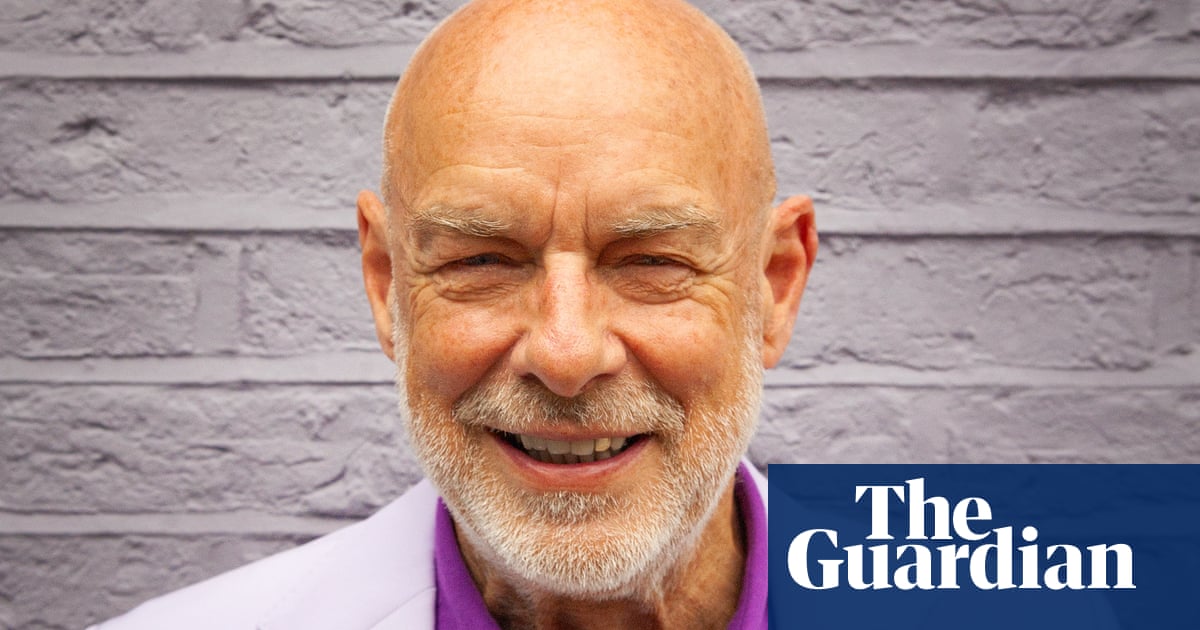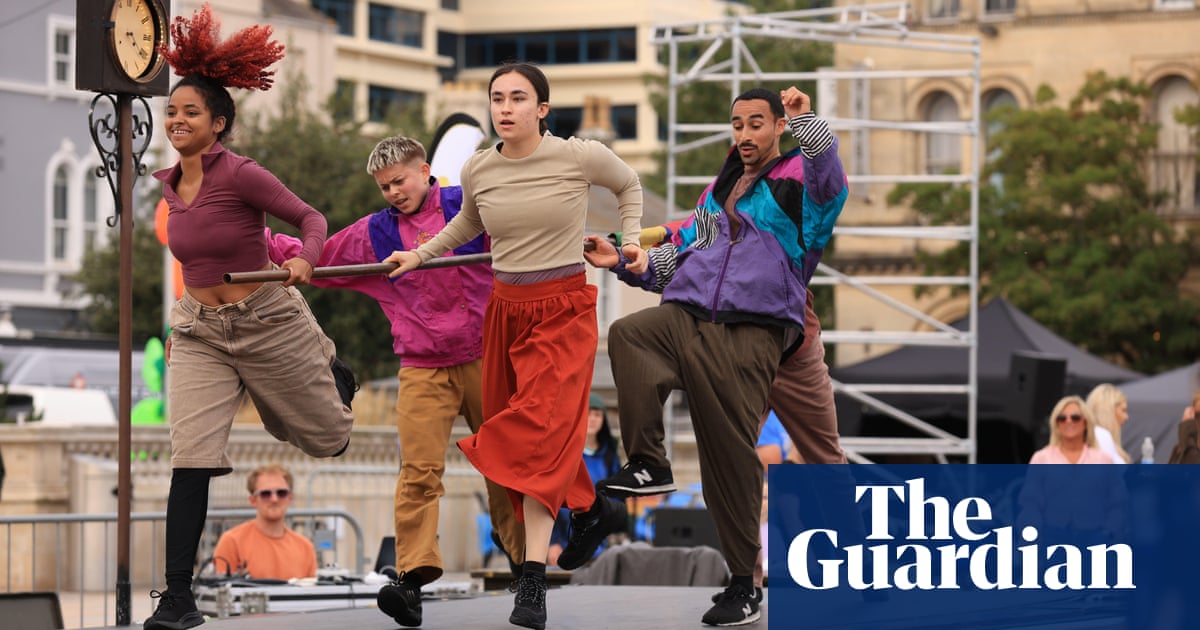Six years ago, when Jeremy Corbyn focused on failing bus services during prime minister’s questions, the then leader of the Labour opposition was greeted with mirth and derision. Tory backbenchers amused themselves with shouts of “Taxi!”, as Mr Corbyn urged Theresa May to give metro mayors the powers to take the industry back under public control. To a certain kind of Westminster mind, buses were far too parochial a concern to warrant the political centre-stage. But Mr Corbyn proved to be on the right side of history.
By January 2025, all of Greater Manchester’s bus services will be part of the publicly run Bee Network. Since launching two years ago – after lengthy legal battles in which the private sector fought re-regulation tooth and nail – the franchise model has delivered impressively on mayor Andy Burnham’s vision of a low-fare, high-patronage service for the region. A buses bill soon to be introduced by Louise Haigh, the transport secretary, will give local authorities across England new powers to follow suit. Plans are already under way to replicate the approach in Liverpool City Region and West Yorkshire.
The government’s clear commitment to undoing the damage done to public transport by privatisation is overwhelmingly popular. This week, Ms Haigh pledged to deliver “London-style” bus services across England, and outlined new progressive criteria for the allocation of £1bn of funding. Distributing the cash according to levels of deprivation and size of population will end an invidious competition for investment between local authorities.
So far so good. But in its own interests, as well as those of bus passengers, Labour should be more radical. In a policy area with a direct impact on voters whom the government needs to keep onside, its decision to raise the bus fare cap in England from £2 to £3 from next year was a strategic mistake. According to research by More In Common conducted before the budget, a majority from across the political spectrum viewed raising the cap as a bad idea. But focus group responses suggested that the issue particularly cut through with disengaged voters. For them, the £2 cap was a rare instance of a policy that concretely and straightforwardly changed things for the better.
Recognising the value of some good old‑fashioned leftwing populism, three Labour metro mayors, including Mr Burnham, have committed to maintaining £2 fares next year. The finances of that will be precarious without future backing from the centre. But Ms Haigh has dropped heavy hints that Whitehall may cease to protect the overall £3 cap in 2026, leaving many fares to rise still further. This would be a deeply misguided move from a government that can make the transformation of public transport one of its defining achievements.
Learning from Kamala Harris’s calamitous defeat in the US presidential election – which occurred despite the Biden administration delivering the highest economic growth in the G7 – Labour strategists have begun to emphasise the importance of delivering tangible benefits to core social constituencies. Eye-catchingly cheap, well‑regulated buses improve the quality of everyday life and enhance the sense of a shared civic space. And they appeal both to the kind of anti-establishment voters flirting with Nigel Farage’s Reform, and to progressives concerned about the pace of the green transition. As Greater Manchester completes its revolution, Labour should double down on that success and invest in the politics of buses.
-
Do you have an opinion on the issues raised in this article? If you would like to submit a response of up to 300 words by email to be considered for publication in our letters section, please click here.

.png) 1 month ago
10
1 month ago
10













































